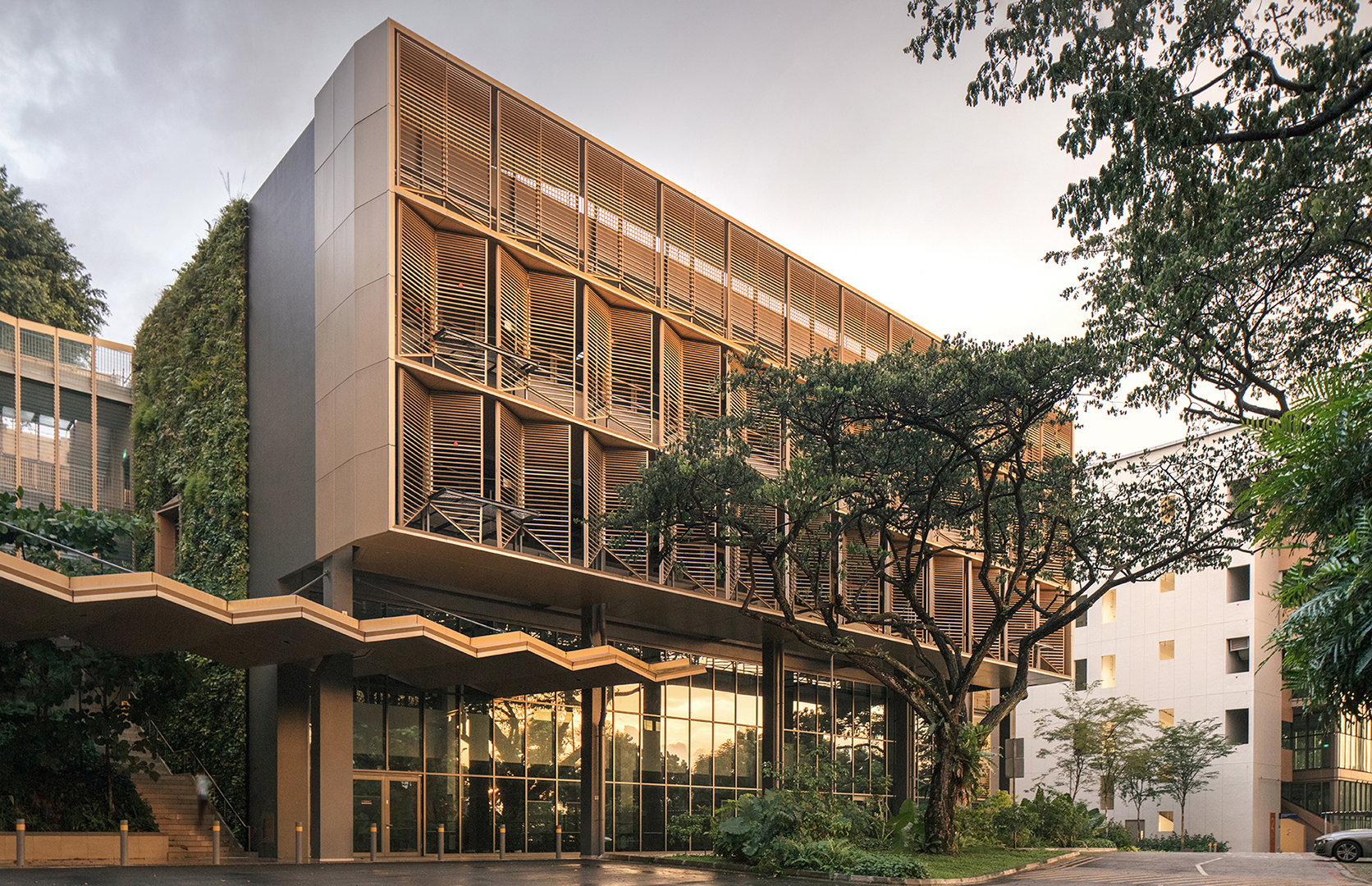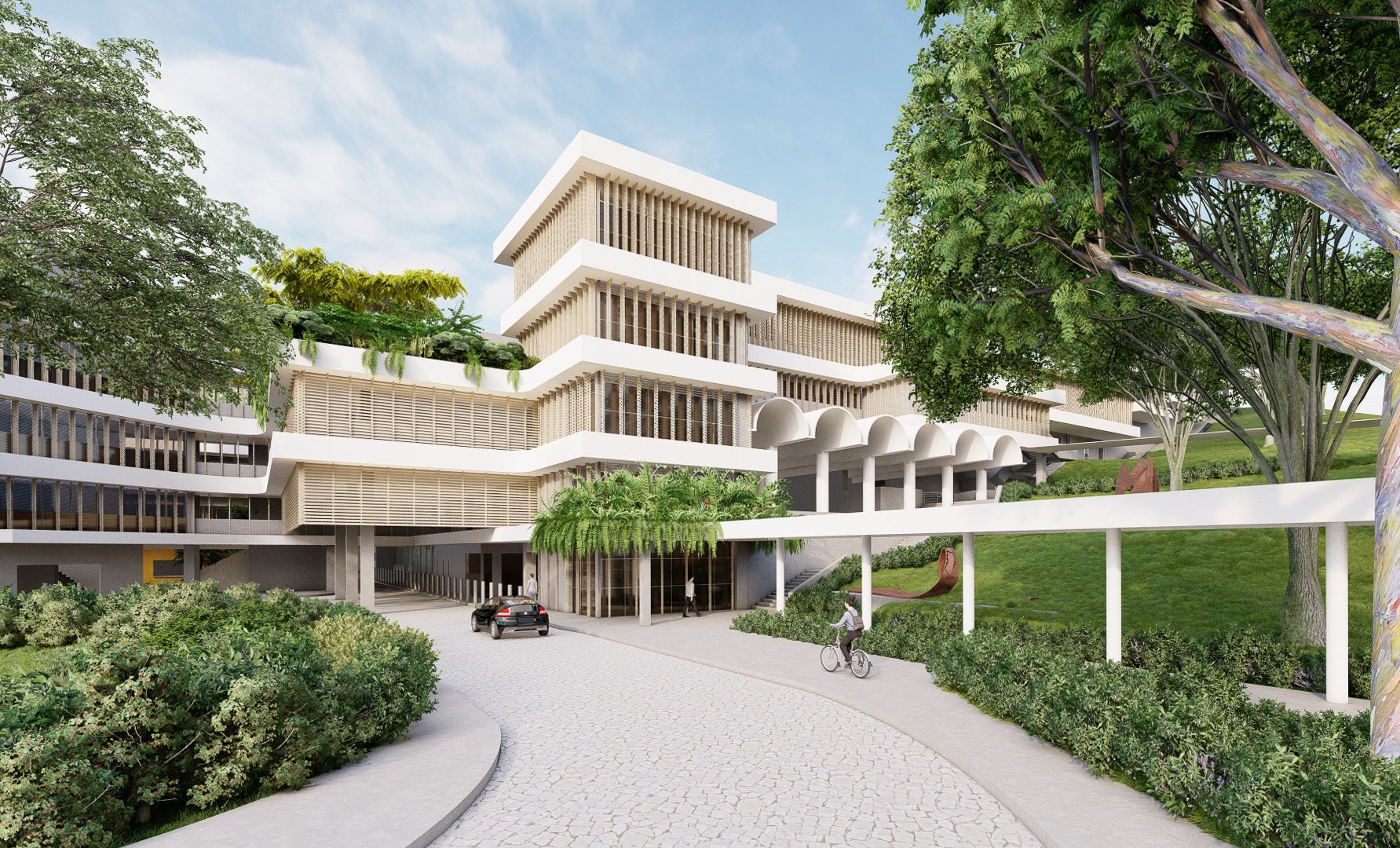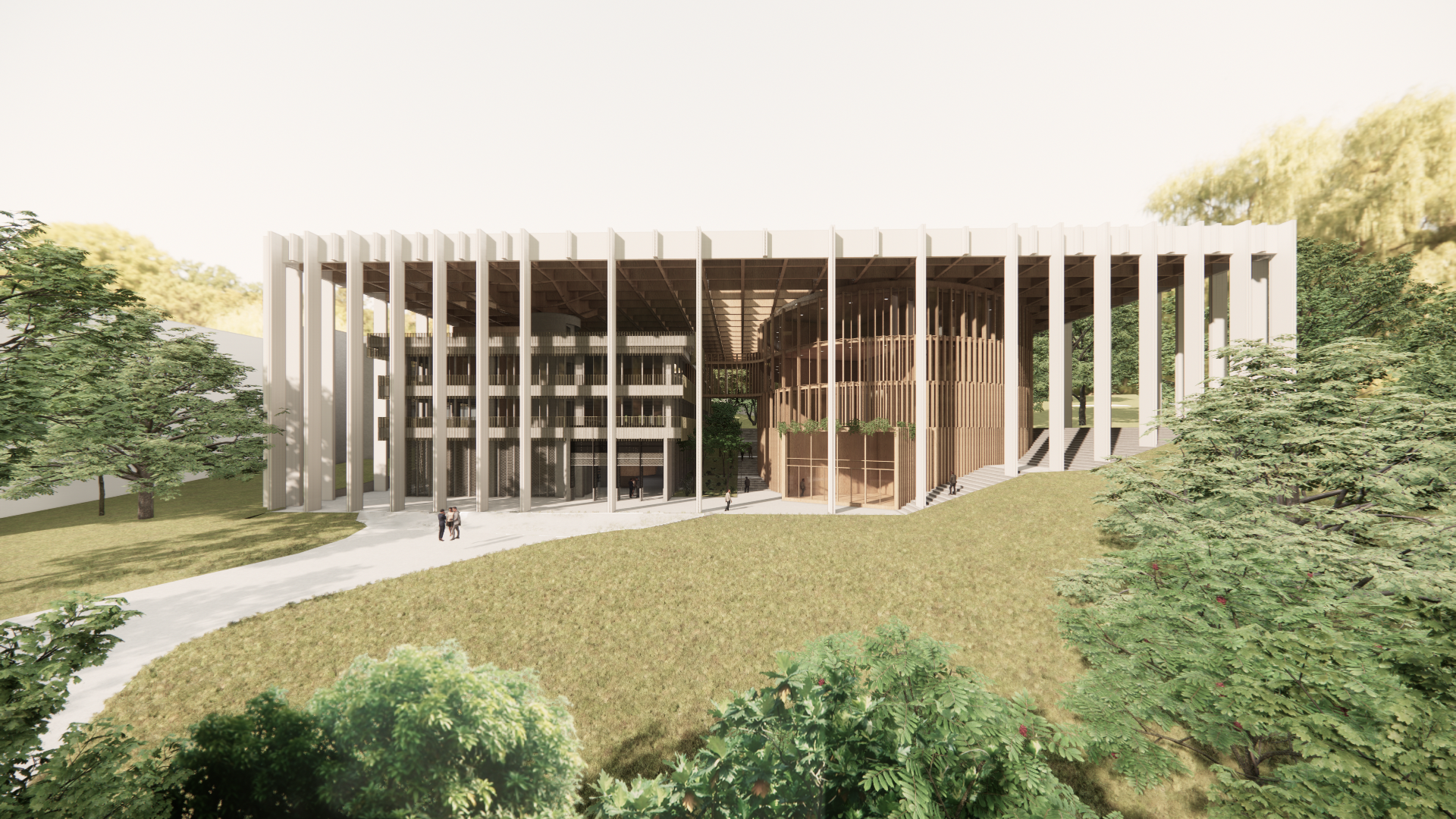Special Projects – About Template






Special Projects
The Special Projects, based in the Department of Architecture in the College of Design and Engineering is a translational research team that integrates design, architecture, energy, carbon, and sustainability in the construction and adaptive reuse of buildings on the NUS campus. We integrate design excellence with the highest levels of performance that are transformational in the built environment. The results transform the physical qualities of the campus that contribute positively to the educational and research environment for our students, faculty, and public. The architectural outcomes include real-world buildings, peer-reviewed design awards, design books, and research papers that extend translational research into the knowledge domain.
CONTACT
Special Projects
Department of Architecture
College of Design and Engineering
SDE1-04-02, The Drum
4 Architecture Drive,
Singapore 117566